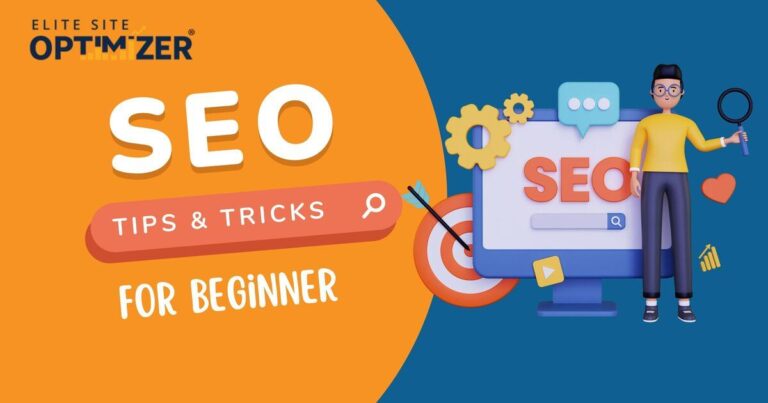Getting traffic to your pages relies heavily on the quality of your content, and readability is a fundamental part of high-quality content. If your writing is confusing or hard to understand, whether due to writing style, layout, or composition, it can harm the SEO value of your page. Visitors will be less engaged and more likely to leave the page, signalling to search engines that it doesn’t contain content relevant to their search queries. They will browse the rest of the site less and be less likely to take interest in any products and services related to the page content.
How Readability Scores Work
Gauging the reading level of a page’s text content can provide an indicator of whether a page’s content is too hard to understand or if it’s poorly-written. The Flesch reading ease test, created by Rudolph Flesch in 1948, ranks the difficulty of understanding a block of text from 0-100. Scores of 90-100 are ‘very easy to read’ while scores from 0-10 are very confusing or highly professional. The Flesch-Kincaid reading level formula, created in 1976, modifies the Reading Ease formula and assigns a grade level to write that aligns with U.S. school grade levels. A 9.5 on the Flesch-Kincaid formula would be considered readable at a 9th-grade level.
These scores are calculated based on simple, objective measures: the average number of syllables in the words used in a text passage and the average number of words in a sentence. Too many long words or complex sentences indicate that the writing is harder to be understood by a general audience. These measures can easily be automated so you can scan the text and instantly get its expected reading level, making it straightforward to test your web content and learn whether it needs to be improved and simplified.
Do Search Engines Assess Readability?
In past versions of Google’s search engine, it analyzed the complexity of page text and offered a filter for pages with basic, intermediate, and advanced reading levels. However, this feature was removed in 2015 and it’s not likely that Google currently uses a readability score as a direct signal for page quality. Even so, readability is a shortcut to evaluating page quality, which helps pages stand out in comparison with similar pages in search results.
Search engines do track user behaviour metrics, which are heavily influenced by the page’s content quality. How users respond to pages in search results will affect how search engines rank that page in the future. Bing acknowledged using several user engagement metrics as signals to adjust rankings due to how users browse search results. A high dwell rate and low bounce rate will increase a page’s rank, and the more readable a page is, the longer a visitor will stay on the page and the less likely it is that they will leave quickly.
Read also:-Authoritative Content-Length & Content Depth SEO 2021
Recommended Reading Level
What reading level works best for web content? Literacy surveys have shown that the average adult reads at a 9th-grade level, and the Web Content Accessibility Standards advise using a lower secondary school level (7th to 9th grade), so it’s suggested that you target this level on a Flesch-Kincaid test. A reading score of above 90 means the content is easy to understand for a 9th-grade student. If your content is lower than this, it may be too basic, and if it’s higher, it is probably too complex or technical. It might be hard to avoid making certain topics too simplified, but if possible, a more basic version should be the main content on pages you are optimizing for search engine traffic.
If your content scores poorly on readability, you can adjust the length of sentences and the complexity of words. Focus on plain language instead of technical jargon to make the text easier to understand. Shortened sentences make it easier for users to absorb information before moving on to the next one.
The reading level can be a starting point for improving readability through a content audit. Break up long paragraphs into shorter ones, use subheadings, improve spelling and grammar, reduce the use of passive voice, and use an optimal word count per page (600-800 words) to better engage readers.
The readability score can be a strong indicator of issues with your text content, so make sure you review it when looking for ways to make a page high-quality, relevant, and accessible to organic search traffic. Making your content readable to a wide audience offers one of the best ways to boost your search rank.
Related Posts
Post does not have featured image






